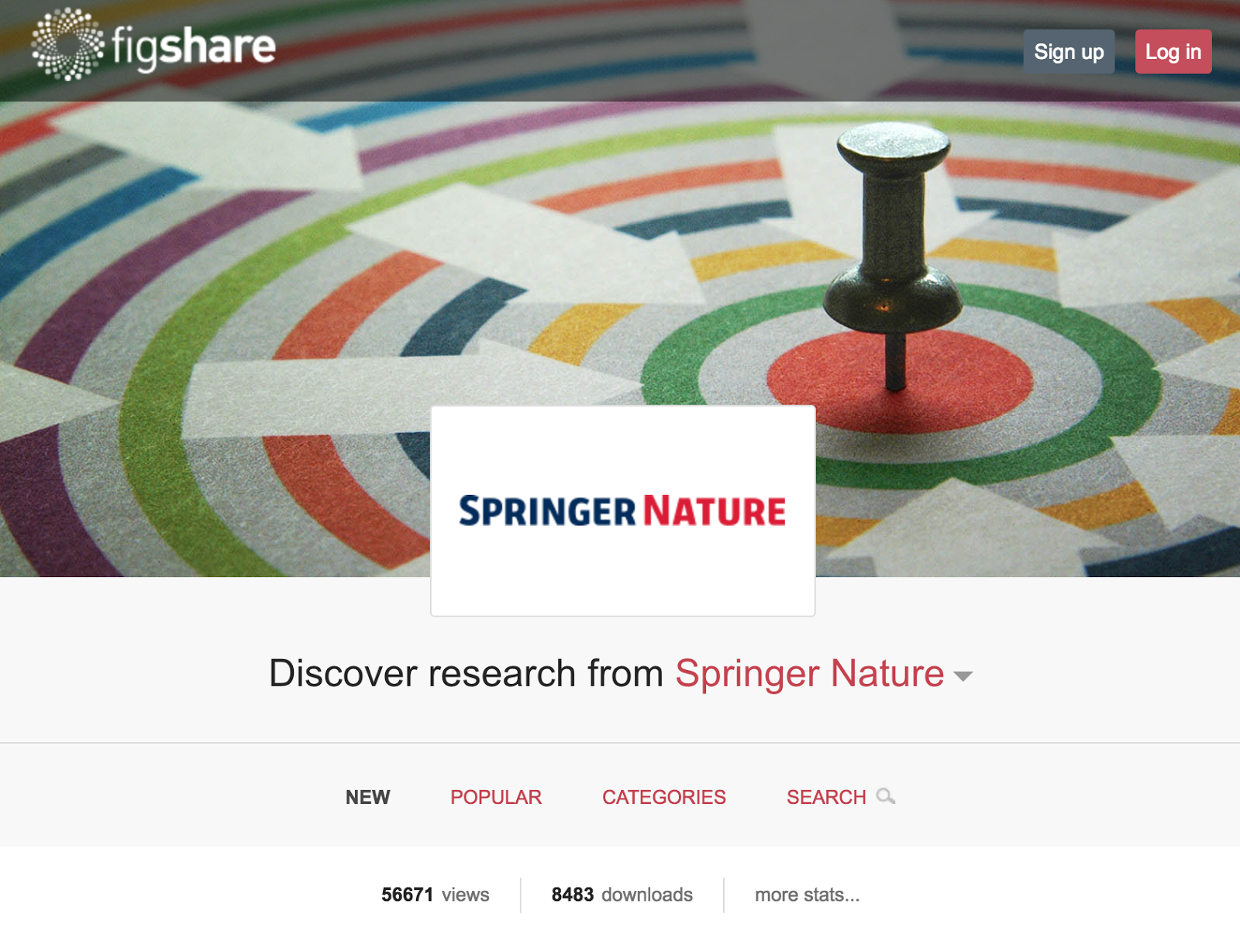Best Practices for Scientific Computing
A set of best practices for scientific software development, based on research and experience, that will improve scientists' productivity and the reliability of their software.
Send us a link
A set of best practices for scientific software development, based on research and experience, that will improve scientists' productivity and the reliability of their software.
The Canadian government is again in the midst of its annual consultations on innovation. It seems our efforts to find the magic key to an “innovative economy” just never go away. By Aled Edwards, CEO of the Structural Genomics Consortium and professor at the University of Toronto.

Principles promote access to Federal government-supported scientific data and research findings for international scientific cooperation

As I was thinking about casting my vote for the Open Science Prize, I realized that I would in fact need a rubric for choosing. I was concerned that the public vote would tend towards popularity, familiarity, or bling, rather than the quality of the open science. But what does it mean to be “quality open science?” What should be the most important criteria?

Earlier this year, the Montreal Neurological Institute announced an ambitious commitment to the principles of open science. The Neuro will be eschewing patents for its discoveries and doing all it can to make its research findings widely available. While there have been other large-scale open science initiatives the Neuro is the first major research institute of its kind to make such a wide-ranging commitment to open science.

McGill's Neurological Institute open science agenda includes open access publication of all research data and findings, and an end to the practice of patenting the university's findings.

Results of a survey of Wellcome researchers to find out what they think about open research, how they practice it, and some of the barriers they face.

Figshare announced a new partnership with Springer Nature to support BioMed Central and SpringerOpen authors who wish to openly share their supplementary data. Figshare are now hosting additional files from more than 300 BioMed Central and SpringerOpen journals.

Eight highly-visible organizations today announced the launch of the Open Research Funders Group, a partnership designed to increase access to research outputs. With nearly $5 billion in combined annual grants conferred, these organizations are committed to using their positions to foster more open sharing of research articles and data. This openness, the members believe, will accelerate the pace of discovery, reduce information-sharing gaps, encourage innovation, and promote reproducibility.

If funding applications were made under open access, science would benefit from more universal scrutiny.

A platform for displaying text-mined annotations as a means to link research articles with biological data
Seeking to accelerate research advances and reimagine its role in the community, the Montreal Neurological Institute (Neuro) announced in the spring of 2016 that it is launching a five-year experiment during which it will adopt Open Science—open data, open materials, and no patenting—across the institution.
Finland aiming to have open access to all scientific publications by 2020.
Two features of peer review subvert the goals of science: reviews are kept secret and reviewers are usually anonymous, argues Jeffrey S. Flier.

Preprints are one step towards an Open Science future.

Vote now for he Open Science Prize, a collaboration between the Wellcome Trust, the US NIH and the HHMI to unleash the power of open content and data to advance biomedical research and its application for health benefit.

Earlier this year, we announced that six teams had made it through to the final of the Open Science Prize. We’re asking you to help us choose the three most impactful and novel prototypes from among the six finalists.

Open publishing platforms that bring grey literature out of the dark promise to save money, reduce duplication and speed communication

Wellcome Open Research provides all Wellcome researchers with a place to rapidly publish any results they think are worth sharing.

A collection of tools that might help your research if you adopt them early enough in your academic career.
Journal experiments and surveys suggest scientists are coming round to the idea of publishing review reports. A few journals, such as PeerJ, the BMJ and F1000Research, already embrace open peer review in various different forms.

In 2013, we set out to build Mozilla's first open science program with support from the Alfred P. Sloan Foundation. Over three years later, we're pleased to announce a two-year award from the Sloan Foundation to further support that work in advancing openness, adoption and reproducibility in science.

Program of OpenCon 2016, a platform for the next generation to learn about Open Access, Open Education, and Open Data, develop critical skills, and catalyze action toward a more open system for sharing the world’s information. Held in Washington, DC on November 12-14, 2016.

Scientific research is being skewed by researchers and journals changing what they're looking for after the results of the study come in. But some people are finding ways to fight back against their own bias.

At ATLAS, data sharing and an open, innovative approach to information collaboration has become a fundamental part of this important scientific community.

The creators of the Open Syllabus Project hope that sharing data can both improve and reward teaching.

Results of a survey of Wellcome researchers to find out what they think about open research, how they practice it, and some of the barriers they face.

A new database at EMBL-EBI gives a home to all of the data supporting a study.
